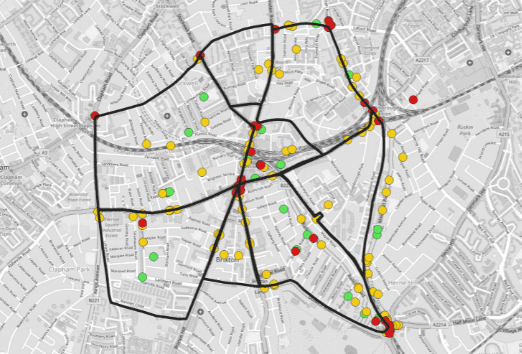Transport perception surveys
In 2001 the
Greater Nottinghamshire Partnership, commissioned ITP to carry out
their ‘Big Ideas’ survey to gain a deeper insight into perceptions of transport
in the Nottingham urban area. These surveys were repeated in 2003, 2004, 2006,
2008, 2012 and 2015 to understand changing attitudes over time.
The 2015 surveys focused on understanding perceptions of the quality of existing local
transport options, satisfaction with local transport policy objectives and the
use of transport services. We worked with market research partners to undertake 2,000 on-street
surveys and 200 business surveys. The findings from our report were used in Nottingham City Council's marketing campaigns, informed the city's fourth Local Transport Plan and fed into the evaluation of their LSTF programme.



